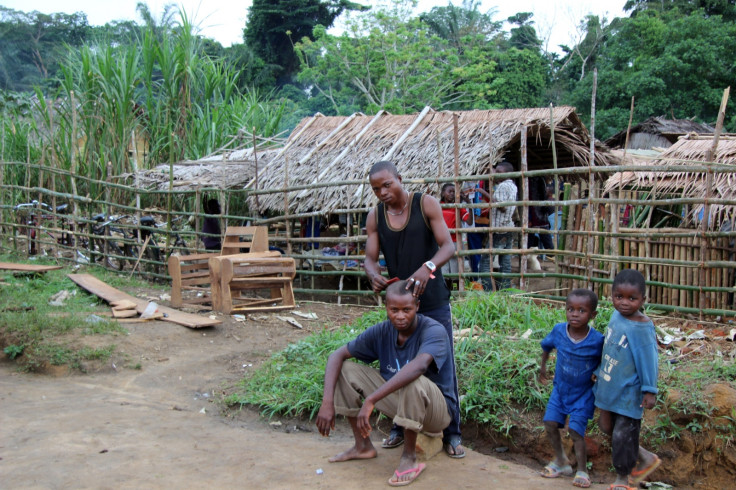Health authorities in DRC step up efforts to avoid spread of deadly Ebola virus
Three died in the outbreak in an isolated area and families are fleeing.

Local health authorities in the Democratic Republic of Congo (DRC) have strengthened surveillance to new areas to avoid a possible expansion of the deadly Ebola virus after at least 29 suspected cases and three deaths were reported since 22 April.
On 12 May, the WHO declared an Ebola "epidemic" after one person, who tested positive to the Ebola virus in a laboratory, died in Likati health district (Aketi, Bas-Uélé province), a remote forested area close to the border with the Central African Republic some 1,400km north-east of the capital Kinshasa.
The potential rapid spread of the disease has pushed families to flee the affected area, but there are concerns these people may bring the virus with them.
A month after the virus was first detected, health authorities in North-Ubangi said they were expanding epidemiological surveillance of the Wapinda zone, around 2km from the Likati health district, according to the United Nations-funded Radio Okapi.
The proximity and migratory flows between the two provinces has raised fears of a possible extension of the epidemic.
"The three health areas that constitute the epicentre of the disease are located within 2km of the Wapinda health district. The cost of healthcare in this North-Ubangi health centre has been lowered, because we are receiving funding (...). This makes us fear a massive influx of people from the centre of the epidemic towards the Wapinda health district," Davos Davene, head of the provincial division of health in North Ubangi, is quoted as saying.
At the provincial level, Davene confirmed that a contingency plan has been finalised to prevent the killer disease.
The UN's World Health Organisation (WHO)'s regional chief for Africa, Matshidiso Moeti, said she was optimistic about the Congolese government and its national and international partners' prospects for controlling the outbreak. The WHO said that it needs $10m (£7.7m) to fight the virus in DRC.
The area's isolation, low population density and almost complete self-sufficiency of the local population is also a factor that may limit the spread of the deadly virus.
This is the eighth Ebola outbreak in the DRC since 1976. The last outbreak of Ebola in the DRC's Boende region was in 2014, when 49 people died. It was unrelated to the outbreak of Ebola in Liberia, Sierra Leone and Guinea, which killed more than 11,000 people.
© Copyright IBTimes 2025. All rights reserved.






















